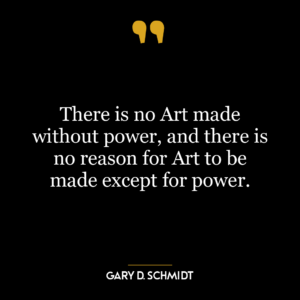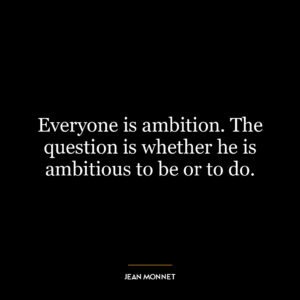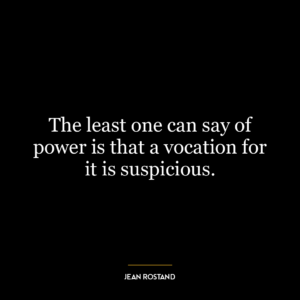This quote is a humorous yet poignant observation of the consistent pattern of power-seeking behavior, particularly among men, throughout history and across different cultures, societies, and even dimensions – a term that could be interpreted both literally (as in different physical or metaphysical realms) and metaphorically (as in different aspects or spheres of life). The “big-headed male” is a stereotype often used to represent arrogance, egotism, and the belief that one is inherently superior and thus entitled to dominance or control.
The quote implies a critique of this behavior, suggesting that such a desire for power and control is not only universal but also potentially harmful, as it often leads to conflict, oppression, and imbalance. It underscores the futility and absurdity of the power-hungry mentality, as the world is too complex and diverse to be controlled by a single entity.
In today’s world, this idea can be applied in various ways. In the political sphere, we often see leaders, predominantly male, asserting their dominance and attempting to control not only their own countries but also exert influence over others. This can lead to tensions and conflicts, both domestically and internationally.
In the corporate world, the “big-headed male” can be seen in the form of CEOs or managers who seek to control every aspect of the business, often stifling creativity and innovation in the process.
In personal development, this quote can serve as a reminder of the dangers of unchecked ego and power-seeking behavior. It encourages individuals to strive for balance, humility, and respect for others’ autonomy and diversity. It suggests that true success and fulfillment come not from domination and control, but from collaboration, understanding, and mutual respect.
In conclusion, this quote is a call to challenge and rethink traditional notions of power and leadership, advocating for a more inclusive, balanced, and respectful approach.










